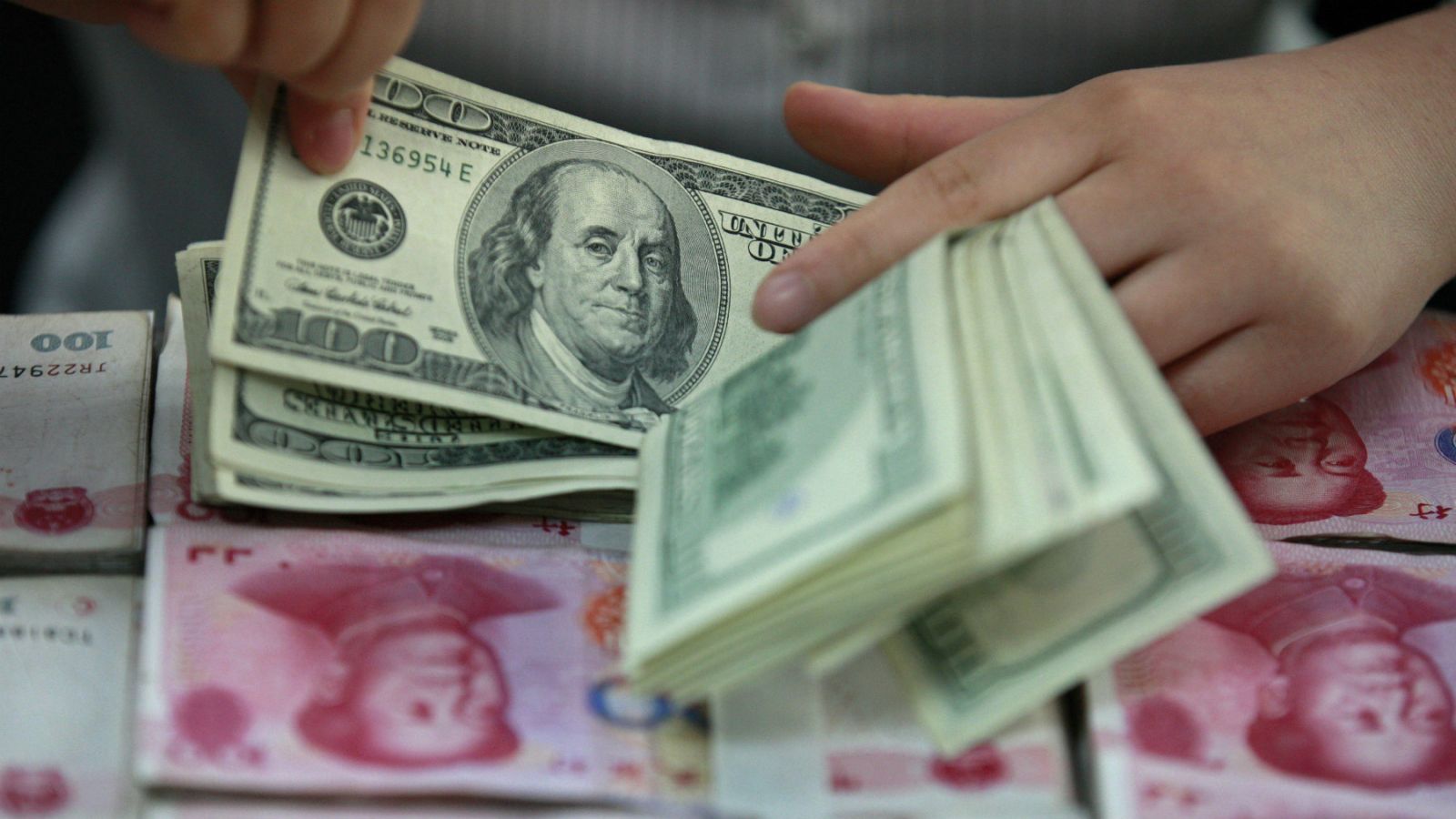- China More Likely to Agree to Moratorium Than Let Go Africa’s $152bn Debt
Despite calls by global experts for both multilateral and bilateral creditors to consider some form of debt relief for African nations, experts familiar with Chinese loan methodology are saying it is unlikely the largest Africa’s bilateral creditor will let go its loans to the continent.
Deborah Brautigam, Head of the China Africa Research Initiative at JHU’s School of Advanced International Studies, put loans made between 2000 and 2018 to African nations by the Chinese government at about $152 billion.
Brautigam explained that because Chinese loans are geared towards structural transformation and economic development, the Chinese government believes those loan projects will eventually get African nations to a new economic position where they will be able to repay. Therefore, China is likely to give moratorium than let go of its over $150 billion loans to African nations.
“The Chinese have always done their lending on the idea that individual projects contribute to structural transformation and economic development,” said Deborah Brautigam, who heads the China Africa Research Initiative at JHU’s School of Advanced International Studies. The thinking is, “those projects might be good projects and viable projects to get countries to a new stage where they might be in a position to repay the loans,” she said.
In March, African Finance Ministers have said the continent needs around $100 billion to cushion the effect of COVID-19 on the continent and protect about 30 million jobs. In their second virtual meeting, they called for debt relief to allow them enough fiscal space to mitigate risk and curtail the impact of COVID-19 on their economies.
In April, the World Bank put the continent’s debt repayment at about $39 billion in 2018, saying a well-structured debt relief will put about $44 billion to $55 billion in Africa, about 50 percent of what the continent needs to protect jobs and support the economy.
However, while China had announced readiness to Join other Group, World Bank, IMF, etc, to discuss debt relief for African nations and announced, in a speech delivered by Jinping to the World Health Assembly, that China will provide additional $2 billion over a period of two years to support the fight against the COVID-19 pandemic in developing nations, it is highly unlikely it will forgive its debt because of COVID-19 pandemic. Those debts are the modern rail lines, airports, infrastructures, etc currently going on in most African nations.
This was exactly what happened in May 2019 when the International Monetary Fund approached China to offer debt relief to the Republic of Congo. China only adjusted repayment and interests but refused to reduce the principal.
According to Brautigam, China is always willing to renegotiate payment terms and offer moratorium. “Usually, it’s not that difficult to lengthen the payment period or lengthen the maturity of loans,” Brautigam said.
The loan project started by President Xi Jinping in 2013 under the infrastructure investment plan was to further Chinese influence in emerging economies and strengthens its global reach.


 Forex3 weeks ago
Forex3 weeks ago


 Naira2 weeks ago
Naira2 weeks ago
 Billionaire Watch2 weeks ago
Billionaire Watch2 weeks ago




 Naira2 weeks ago
Naira2 weeks ago




 Naira2 weeks ago
Naira2 weeks ago




 Naira1 week ago
Naira1 week ago




 Naira3 weeks ago
Naira3 weeks ago




 Naira4 weeks ago
Naira4 weeks ago





















